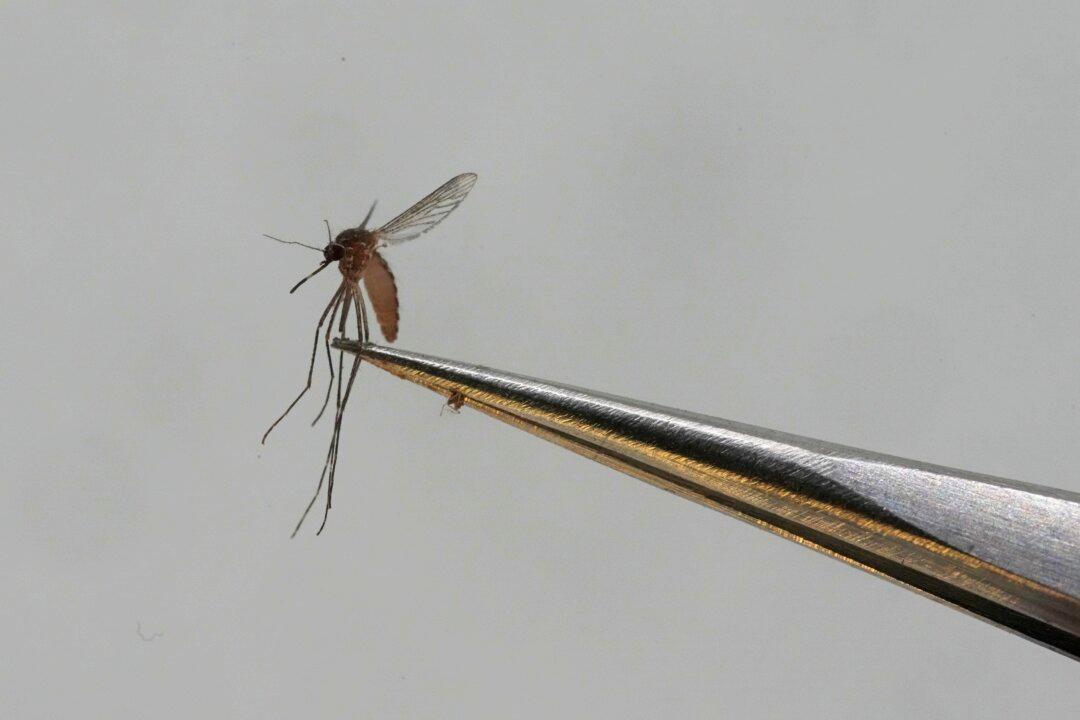BAMAKO, Mali—Authorities say dengue fever is on the rise in Mali, posing a new threat to the West African nation struggling with extremist attacks and political turbulence.
The director general of health and public hygiene, Dr. Cheick Amadou Tidiane Traore, told The Associated Press in an interview Wednesday that his department had counted 21 deaths and 600 cases of the disease as of Monday.





